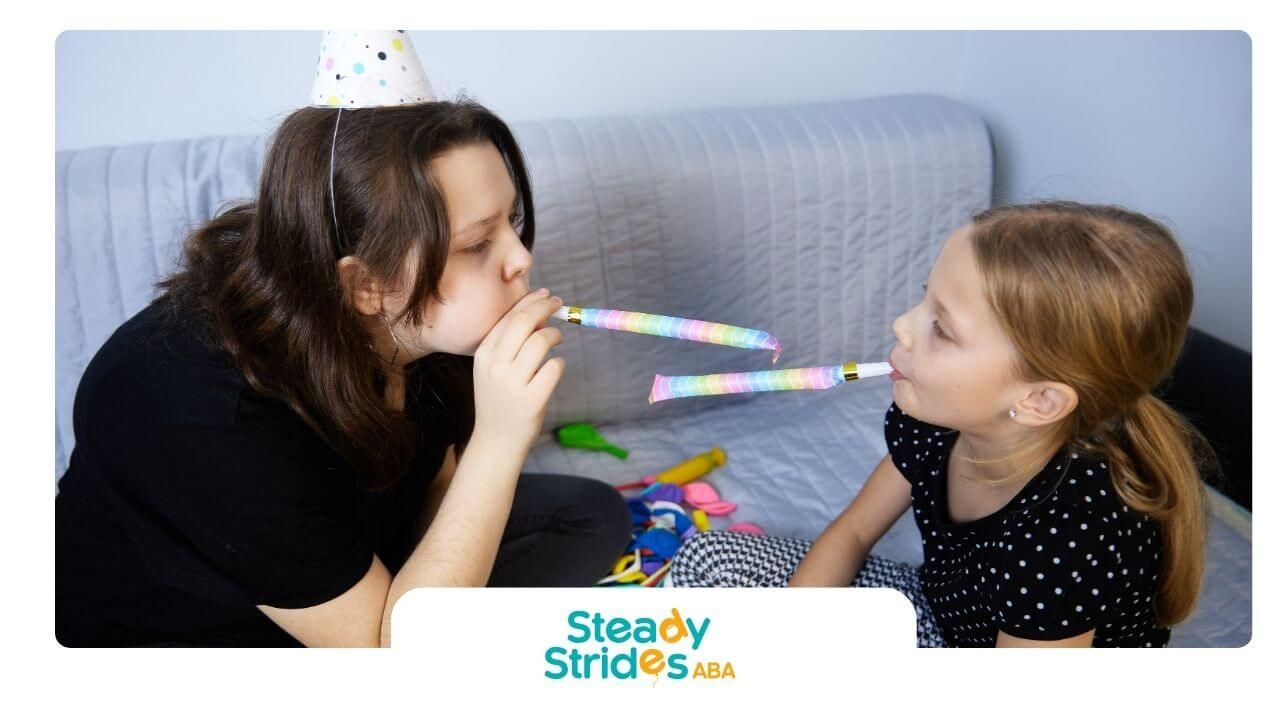It’s common to wonder if a child’s quiet nature points to autism or if they’re simply introverted. While both can look similar on the surface, there are key differences. Knowing what to look for can help parents feel more confident about when to seek extra support.
Autism vs. Introversion
Introversion is a personality trait. Introverted kids may prefer alone time, enjoy smaller groups, and recharge in quiet spaces. But they still understand social cues and want connection, even if they need breaks.
Autism, on the other hand, is a developmental condition. Children with autism may struggle with communication, sensory sensitivities, or repetitive behaviors. They might avoid eye contact, miss social cues, or find it hard to form typical back-and-forth conversations.
Signs It Might Be Autism, Not Just Introversion
- Difficulty understanding or using nonverbal cues (eye contact, gestures).
- Intense focus on specific interests.
- Sensory sensitivities (noise, textures, lights).
- Challenges with flexible thinking or changes in routine.
If these signs are present, an autism assessment can provide clarity.
At Steady Strides ABA, families across Texas and New Mexico have access to tailored therapy options:
- Home-based ABA for learning in familiar environments.
- School-based ABA therapy for success in classrooms.
- Center-based ABA for structured, hands-on support.
We also provide ABA parent training so caregivers feel confident guiding progress at home.
If you’re unsure whether your child is simply shy or showing signs of autism, reach out today. The right support can make all the difference.
FAQs
Is being introverted a sign of autism?
No. Introversion is a personality trait, while autism is a developmental condition.
Can an introverted child still benefit from ABA therapy?
Yes. If they have autism, ABA can help build social and communication skills.
When should I seek an autism assessment?
If your child struggles with communication, routines, or sensory sensitivities, it’s worth scheduling an evaluation.













